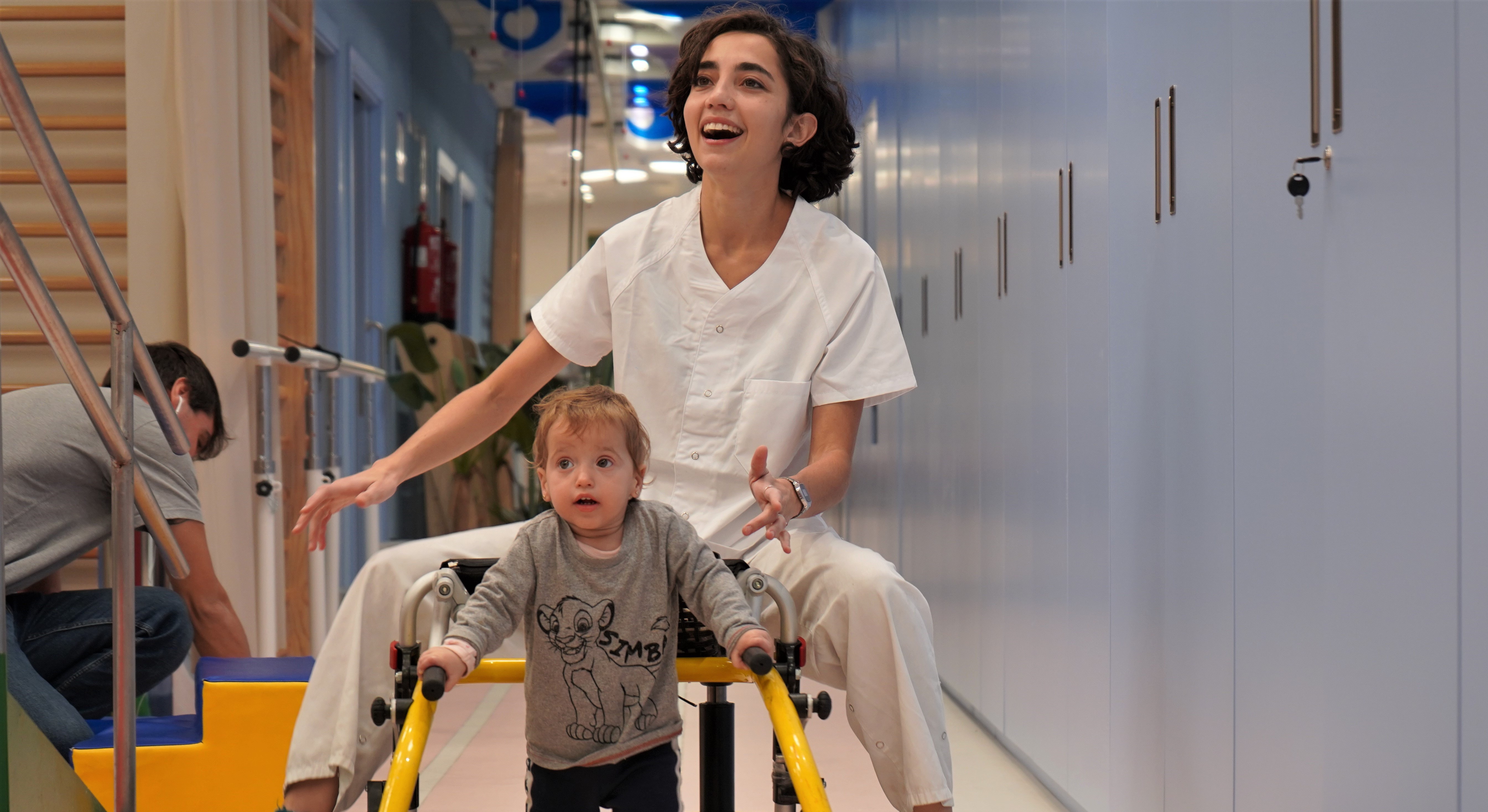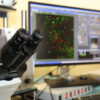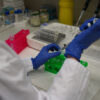Paediatric Research Hub: Milestones in 2024

The Paediatric Research Hub, launched in 2021, was created to strengthen and coordinate our collective efforts in paediatric and adolescent research at Vall d’Hebron. By fostering cross-disciplinary collaboration, the Hub reflects the depth of expertise within our community and helps align our capabilities to generate meaningful global impact.
In 2024, we began to see the materialization of major initiatives, such as the BRIDGE project (Breaking Barriers with Remote Integration for Global Pediatric Trials), which aims to transform the landscape of paediatric clinical trials. Through the creation of new research areas, the use of innovative digital tools, and a collaborative model between centres, this initiative seeks to ensure that all paediatric patients—regardless of geographic location or socioeconomic status—have access to safe and effective therapies. BRIDGE is funded by the Instituto de Salud Carlos III and co-funded by the European Union’s NextGenerationEU programme.
The BRIDGE project introduces a new hybrid decentralization model that combines digital and in-person approaches to accelerate paediatric clinical trials. It focuses on three key areas: expanding trial capacity, improving interoperability and collaboration across centres, and enhancing accessibility and inclusiveness to reach a broader patient population.
To expand trial capacity, the project includes the transformation of the current Clinical Research Area at VHIR. A dedicated unit for paediatric clinical trials will be established, featuring child-friendly environments and a pharmacy unit exclusively for these trials—separate from the routine care circuit. This is expected to improve study conditions, enabling more and increasingly complex trials to be conducted.
This initiative reinforces our commitment to conducting more innovative and inclusive research, with the goal of enabling more children to access advanced treatments.
Another landmark initiative in 2024 was the creation of the Healthy Children Biobank, one of the most significant projects undertaken by the Hub this year in collaboration with the Biobank. The project involves establishing a repository of samples from healthy children, which will serve as essential reference material for comparison with samples from paediatric patients—ultimately deepening our understanding of childhood diseases.
This resource will be accessible to all research groups working with paediatric populations, not just those focused exclusively on paediatrics. Furthermore, it opens new opportunities for adult-focused researchers to launch paediatric research lines.
While meeting local research needs at Vall d’Hebron, the project also aims to expand its regional impact by strengthening ties with other paediatric research institutions across Europe and promoting dialogue on shared challenges in the field.
In 2023, the Hub laid the groundwork for a new mentoring programme. Building on that foundation, a new phase was launched in 2024 to develop an updated version of the plan—one tailored to the specific needs of the paediatric and peri-paediatric research community. The revised programme will prioritise inclusivity across professional profiles and goals, and will adapt to each participant’s main professional activity (e.g., clinical practice).
An initial draft of the updated plan has been created, and an institutional needs assessment is currently underway—drawing on insights from the collaborative GIMME-CARE project.
In the field of innovation, the Hub continues to make steady progress by identifying and cataloguing ongoing innovation projects. At the same time, efforts are being directed towards developing a comprehensive portfolio of services to foster external collaboration and engagement in these projects.
A key milestone in 2024 was hosting the annual meeting of RECLIP, the Spanish Network of Paediatric Clinical Trials, in Barcelona for the first time—reinforcing Vall d’Hebron’s role as a national leader in paediatric research.
Founded in 2016, RECLIP promotes paediatric clinical trials across Spain. It now includes 29 sites and serves as a vital platform for collaboration between hospitals, the pharmaceutical industry, and academic institutions.
One of the network’s current priorities is the active involvement of adolescent patients through initiatives such as the Young Patient Advisory Group (YPAG). This programme, under development at Vall d’Hebron, aims to amplify the patient voice in research. A working group has been launched to advance this effort, beginning with the design of an inclusive, diverse, and transparent recruitment process, followed by the creation of a training plan for the YPAG community.




